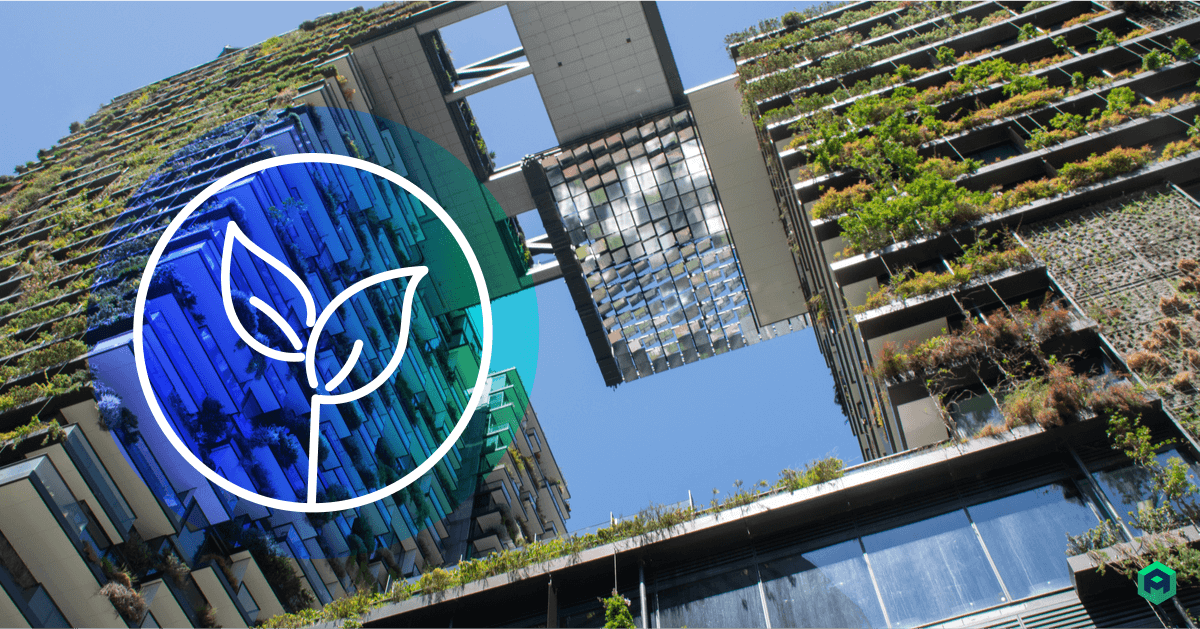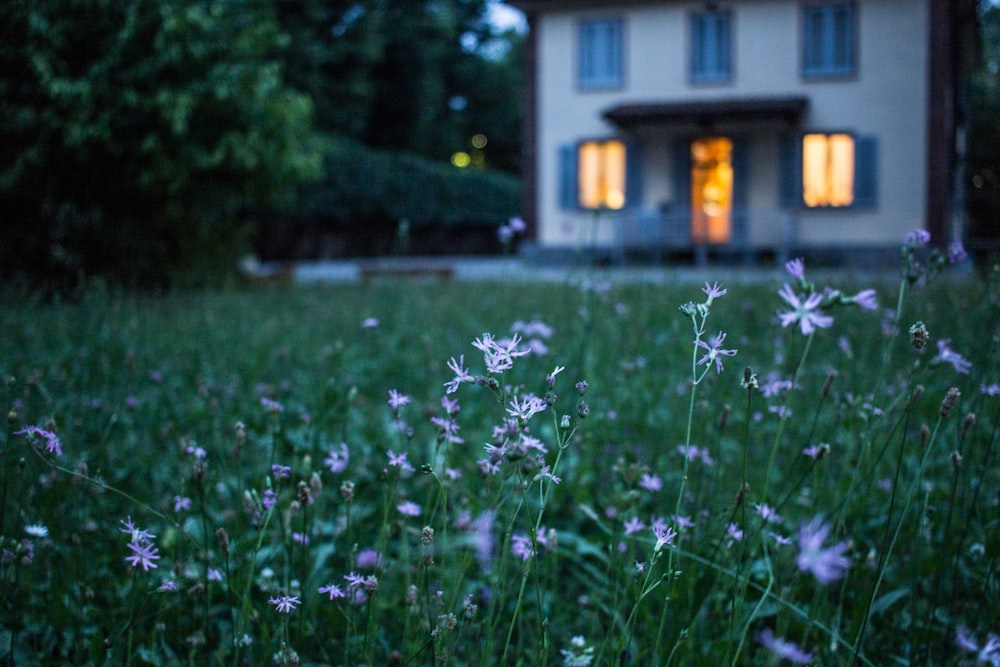
Building for the Future: Sustainable Real Estate
Embracing Environmental Responsibility
In today’s world, sustainability has become a key focus in the real estate industry. From reducing carbon emissions to conserving natural resources, developers and investors are increasingly embracing environmental responsibility in their projects. Sustainable real estate seeks to minimize the environmental impact of buildings and promote healthier, more efficient spaces for occupants.
Innovative Design Solutions
Sustainable real estate is driving innovation in building design and construction. Architects and engineers are developing new technologies and design strategies to create energy-efficient buildings that harness natural light, optimize ventilation, and minimize waste. From green roofs to passive solar design, sustainable buildings are pushing the boundaries of innovation and setting new standards for environmental performance.
Energy-Efficient Systems and Technologies
Energy efficiency is a cornerstone of sustainable real estate. Developers are incorporating energy-efficient systems and technologies into their projects to reduce energy consumption and lower operating costs. From high-performance insulation to smart thermostats, these technologies not only reduce carbon emissions but also enhance comfort and productivity for occupants. By investing in energy efficiency, developers can future-proof their properties and attract environmentally conscious tenants.
Renewable Energy Integration
Renewable energy sources such as solar, wind, and geothermal are playing an increasingly important role in sustainable real estate. Developers are integrating renewable energy systems into their projects to generate clean, renewable power onsite. Solar panels, wind turbines, and geothermal heat pumps are becoming common features in sustainable buildings, providing a reliable and cost-effective source of energy while reducing reliance on fossil fuels.
Green Building Certifications
Green building certifications such as LEED (Leadership in Energy and Environmental Design) and ENERGY STAR provide a framework for assessing and recognizing sustainable buildings. Developers and investors are pursuing these certifications to demonstrate their commitment to sustainability and differentiate their properties in the market. Green building certifications not only validate the environmental performance of buildings but also enhance their value and appeal to tenants and investors.
Healthy Indoor Environments
Sustainable real estate prioritizes the health and well-being of building occupants. Developers are designing buildings with features such as improved indoor air quality, non-toxic materials, and access to natural daylight and views. These features promote a healthier indoor environment, reduce the risk of health issues such as asthma and allergies, and enhance overall occupant comfort and satisfaction.
Resilience and Adaptation
Climate change poses significant challenges to the real estate industry, including increased risks of extreme weather events such as floods, storms, and wildfires. Sustainable real estate emphasizes resilience and adaptation, incorporating strategies to mitigate climate-related risks and ensure the long-term viability of buildings. From flood-resistant design to resilient infrastructure, these strategies help protect properties and safeguard investments against the impacts of climate change.
Community Engagement and Collaboration
Sustainable real estate is not just about individual buildings; it’s about creating sustainable communities that support the well-being of residents and the environment. Developers are engaging with local communities, stakeholders, and policymakers to collaboratively plan and develop sustainable neighborhoods and urban spaces. By fostering collaboration and community engagement, sustainable real estate projects can create lasting social, environmental, and economic benefits for all stakeholders.
Financial Incentives and Returns
Investing in sustainable real estate offers financial benefits beyond environmental impact. Energy-efficient buildings typically have lower operating costs, higher occupancy rates, and increased asset value compared to conventional buildings. Additionally, sustainable real estate projects may be eligible for financial incentives such as tax credits, grants, and rebates, further enhancing their financial returns. By aligning environmental and financial goals, sustainable real estate offers a win-win proposition for developers, investors, and society as a whole.
Continuous Improvement and Innovation
Sustainable real estate is an ongoing journey of continuous improvement and innovation. As technologies evolve, regulations change, and market demands shift, developers and investors must remain agile and adaptive to stay ahead of the curve. By embracing a culture of innovation and learning, the real estate industry can drive positive change and create a more sustainable built environment for future generations.




